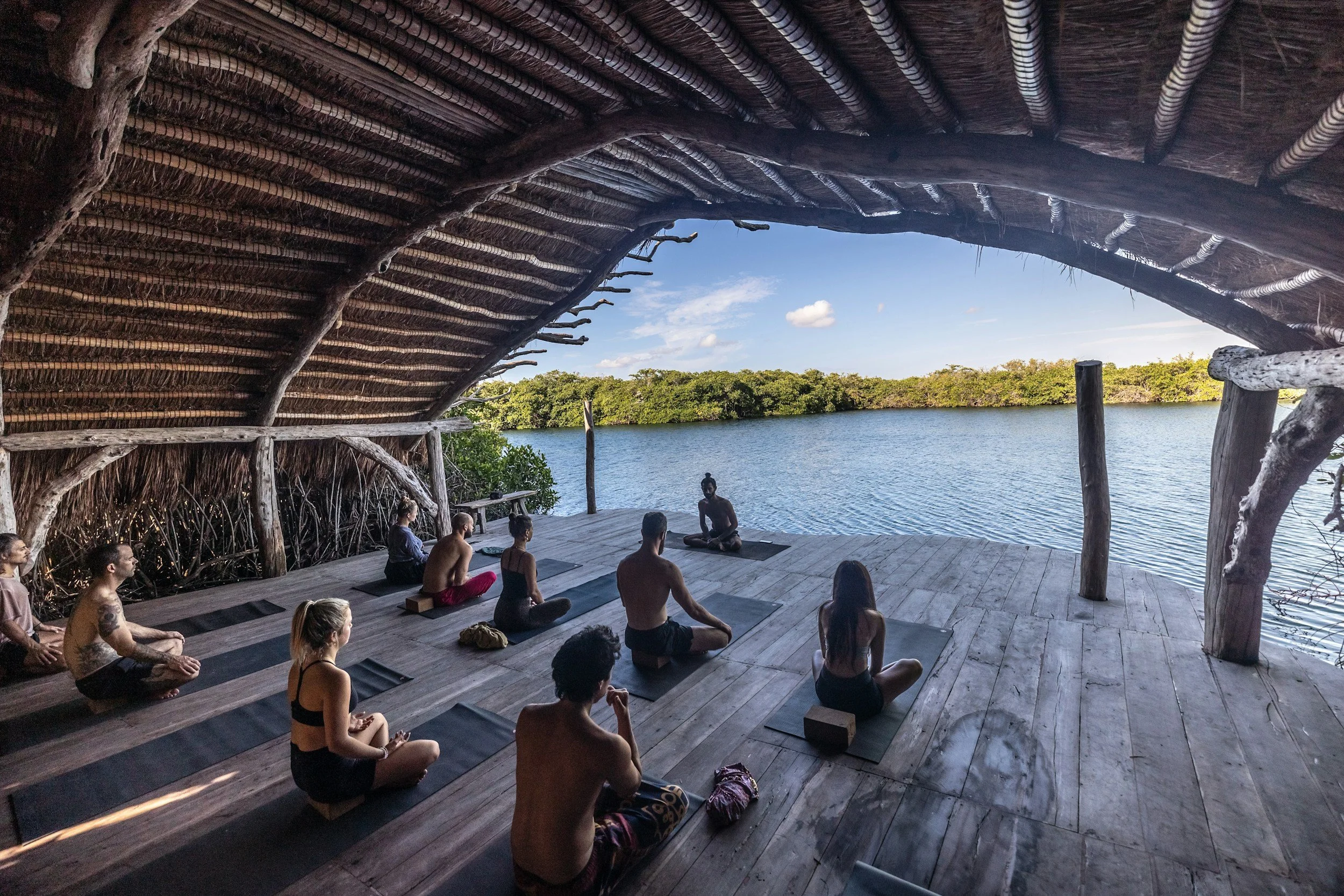Travel Trends That Are Shaping a More Biodiverse Future
Travelers want clean air, protected forests, and thriving wildlife more than ever. Around the world, tourists are waking up to the reality that tourism can either help or harm nature. These realizations are influencing travelers and companies to protect ecosystems. This shift isn't temporary, it’'s global, intentional, and urgent. The travel trends that are shaping a more biodiverse future demand participation, not just observation. This blog will share more about how these travel trends are shaping the industry and the ways in which your travel choices make a difference.
Travel Trends That Are Shaping a More Biodiverse Future: From Harm to Help
Tourism once chased the exotic without asking what that meant for the land. Prevously, we saw popular tours damage reefs, crowds disturb fragile wildlife, plastic bottles litter trails. Luckily, that script is now being rewritten. Travelers are now seeking sustainability more than ever, i.e. accommodations, sustainable transportation options and tour offerings, that leave the destination better than they found it. Instead of choosing overcrowded cities or tourism sites, people now explore with intention. Think of quiet hiking trails through national parks, guided forest walks that communicate about local plants and animals, and kayaking through marine zones where noise doesn’t disturb sea life.
More tourism agencies are now increasingly offering sustainable and low carbon options and tourists are choosing them not because they’re forced to, but because values have shifted. These changes are not small, they’re becoming more pronounced every year, empowering and engaging travelers.
Eco-Accommodations
Where you sleep matters. Hotels often use a lot of energy, waste water and some even destroy the very views they sell. But that’s not the only model anymore.
Today’s eco-accommodations respect the landscape, restore habitats and reduce pollution. From rainwater collection to solar power, these places rethink comfort in practical and sustainable ways.
You don’t need to sacrifice style. Many eco-lodges offer comfort, design, and convenience, without damage to the environment. When booking, look for places that:
Use renewable energy and limit single-use plastics
Hire locally and support nearby farms
Restore wildlife corridors or plant native trees
Eco-certified hotels are gaining ground because they respond to travelers who care. When guests ask questions and expect action, businesses listen.
Greener Transit: Moving Without Damage
Moving and traveling often overlap. Both involve transportation, resource use, and decisions that impact the planet. The choices you make during a trip can mirror those during a relocation. Understanding how to make moving more sustainable means treating it like conscious travel. This is where relocating without a huge footprint becomes part of the bigger sustainability conversation.
Instead of relying on short flights or fuel-heavy vehicles, people now look for greener ways to cover distance. Rail passes, electric trains, and shared transport offer lower-impact alternatives. Cities are increasingly investing in biking networks and clean transit options that serve both tourists and new residents. Plan ahead and choose energy-efficient routes. Support companies that reduce emissions, every mile matters.
Learning from Those Who Know the Land
Local and indigenous communities often feel the impact of tourism in their communities. Their knowledge of the land runs deep and their history includes practices that have protected nature for centuries. When travelers seek out experiences in these communities, the trip becomes less about sightseeing and more about understanding. Storytelling replaces sightseeing and meaning replaces novelty.
Visitors can help fund wildlife patrols, language preservation, and native plant cultivation. You can join projects that support tribal-run camps or community tours. These efforts keep traditions alive for future generations, allowing travel to restore instead of erase.
Why Traveling in the Off-Season Helps Nature Thrive
Tourists often flock to the same spots at the same time, putting strain on natural areas: parks overflow, trails erode, animals flee and locals feel overwhelmed.
Now, people are shifting habits. Traveling in the off-season protects nature and improves the travel experience. Fewer crowds mean quieter spaces. That gives wildlife time to rest and reproduce without stress, also allowing local ecosystems to recover.
Local economies benefit, too. Off-season visits bring steady income to businesses that often rely on a few peak months. Visitors who show up when things are slower help balance the scales. These are the benefits of off-season travel for the environment. Off-peak travel is about seeing nature as it really is—calmer, more alive, and far less stressed.
Travelers Become Stewards, Not Spectators
Today’s traveler does more than take photos. People want to leave places better than they found them by taking action.
Some tourists now join cleanup efforts, others track animal sightings for citizen science projects with contributions adding up. This shift means travelers become part of the solution. Travelers are paying attention to what a place needs, choose ethical animal tours, and skip attractions that harm ecosystems.
You can always ask yourself: Am I helping this place thrive? Or am I only passing through?
Tourists Are Changing Business and Policy
When travelers expect better, industries evolve. Businesses see demand for green options and respond. Some stop offering harmful tours altogether and others change how they operate. Policy changes often follow, protected areas expand, cities offer cleaner transit. Countries require environmental reports before building new resorts.
This doesn’t happen on its own, travelers push it forward and a steady flow of questions and expectations create momentum. The more travelers ask for real sustainability, the harder it is for companies to ignore. That’s how travel trends that are shaping a more biodiverse future begin to influence law and leadership.
Greener Travel Takes Root
Tour operators are rethinking how they work. Standard packages no longer appeal as more tourists ask about emissions, ethics, and local partnerships. Small changes bring big effects; some businesses have stopped printing flyers, others have stopping using single-use plastic during tours. Many now source food locally.
Operators who incorporate sustainable practices into their travel business operations find stronger support and travelers return. They recommend those businesses to friends and write reviews that others trust.
Sustainability becomes not just a moral choice but a smart one. The travel sector adapts because people demand better and reward those who change. You can help by supporting those who act responsibly. Ask hard questions before booking. Praise companies that commit to biodiversity and respect.
Your Choices Shape the Future
This isn’t about trends that fade. It’s about responsibility. It’s about protecting places we love from damage we can avoid. Travel trends that are shaping a more biodiverse future need travelers who act, not watch. Vote with your choices. Respect the land. Support local knowledge. Avoid harm. You’re not just a visitor, you’re a decision-maker. Ask yourself: How can your next trip protect, not disturb?
Author bio: Sofia Lane is a sustainability coordinator for a global tour organizer promoting eco-friendly travel and biodiversity protection. In her free time, she enjoys hiking local trails, trying new vegetarian recipes, and photographing native wildlife.
Sea Going Green is a sustainable tourism consultancy that works with hotels, resorts and tourism operators to support their efforts to conserve marine and coastal biodiversity and ecosystems. Want to know more? Get in touch.
Search the Blog….
Visit us on Instagram




















